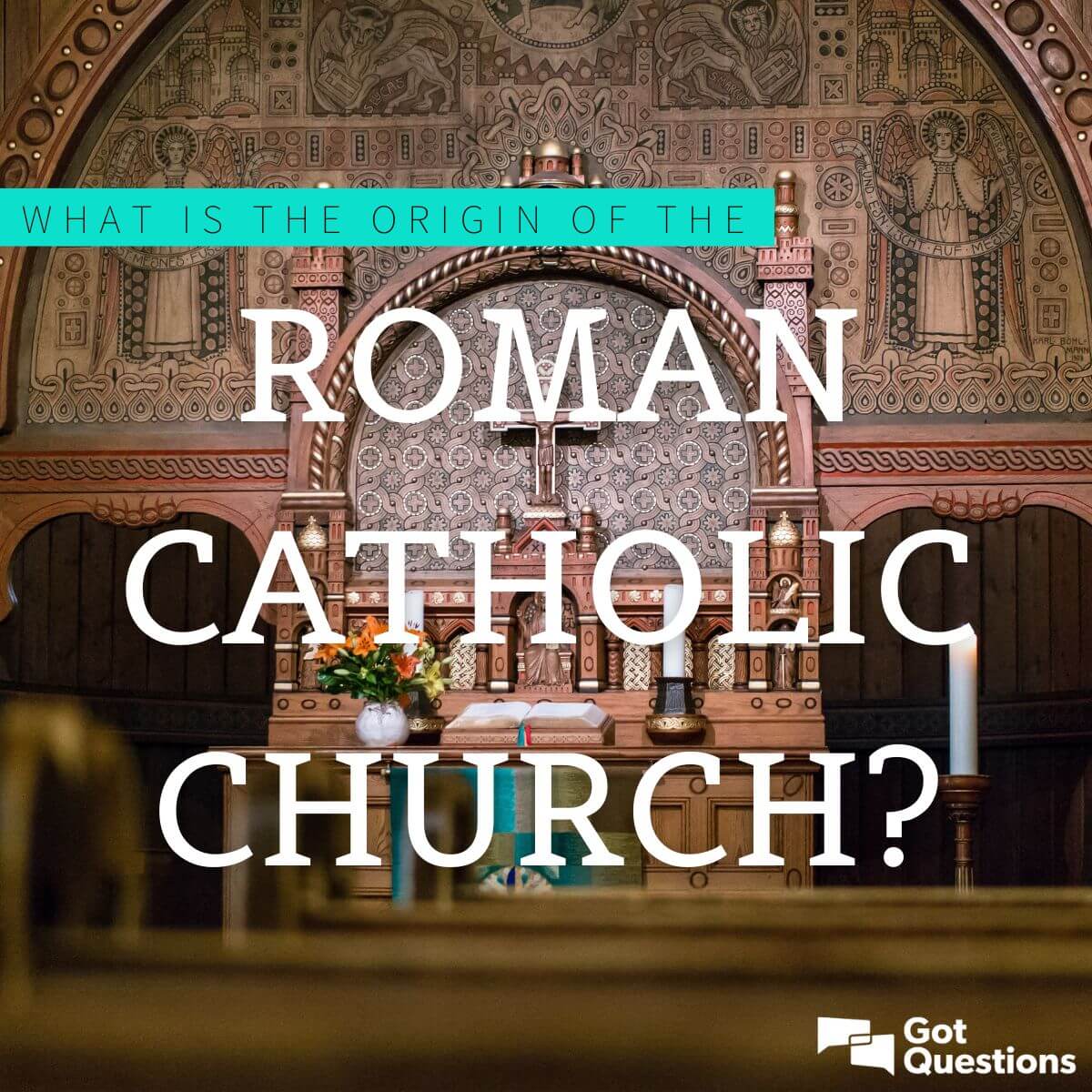- Aug 29, 2020
- 10,678
- 8,925
- 2,138
The Catholic Church was a product of the Roman Empire."Catholic" (and especially in those times) means "Open and welcoming to all." Non-Catholic Christians often say they are based on scripture alone. Some even decry that the Catholic Church retains Apostolic tradition. Apostolic tradition was telling the story of Christ--their oral accounts becoming the Gospel accounts.
The original twelve apostles knew Christ, and those accounts about Jesus' life became Gospel. Paul's letters were of Christ--but about early Christian communities and homilies for them. Paul mentions Jesus occasionally in his letters. In the oral tradition of the Apostles (later the written Gospels) Jesus was mentioned constantly, and of all the Apostles, Peter mentioned the most...63 times if memory serves.
So, what say you--are Catholics more focused on Jesus and their Gospel accounts (given by Peter and the other ten apostles) while non-Catholic Christians choose to focus on Paul?

What is the origin of the Roman Catholic Church? | GotQuestions.org
What is the origin of the Roman Catholic Church? When did the Catholic Church begin? Is the Catholic Church a mixture of true Christianity with other non-Christian religions?
www.gotquestions.org
On the contrary. Even a cursory reading of the New Testament will reveal that the Catholic Church does not have its origin in the teachings of Jesus or His apostles. In the New Testament, there is no mention of the papacy, worship/adoration of Mary (or the immaculate conception of Mary, the perpetual virginity of Mary, the assumption of Mary, or Mary as co-redemptrix and mediatrix), petitioning saints in heaven for their prayers, apostolic succession, the ordinances of the church functioning as sacraments, infant baptism, confession of sin to a priest, purgatory, indulgences, or the equal authority of church tradition and Scripture. So, if the origin of the Catholic Church is not in the teachings of Jesus and His apostles, as recorded in the New Testament, what is the true origin of the Catholic Church?
For the first 280 years of Christian history, Christianity was banned by the Roman Empire, and Christians were terribly persecuted. This changed after the “conversion” of the Roman Emperor Constantine. Constantine provided religious toleration with the Edict of Milan in AD 313, effectively lifting the ban on Christianity. Later, in AD 325, Constantine called the Council of Nicea in an attempt to unify Christianity. Constantine envisioned Christianity as a religion that could unite the Roman Empire, which at that time was beginning to fragment and divide. While this may have seemed to be a positive development for the Christian church, the results were anything but positive. Just as Constantine refused to fully embrace the Christian faith but continued many of his pagan beliefs and practices, so the Christian church that Constantine and his successors promoted progressively became a mixture of true Christianity and Roman paganism.